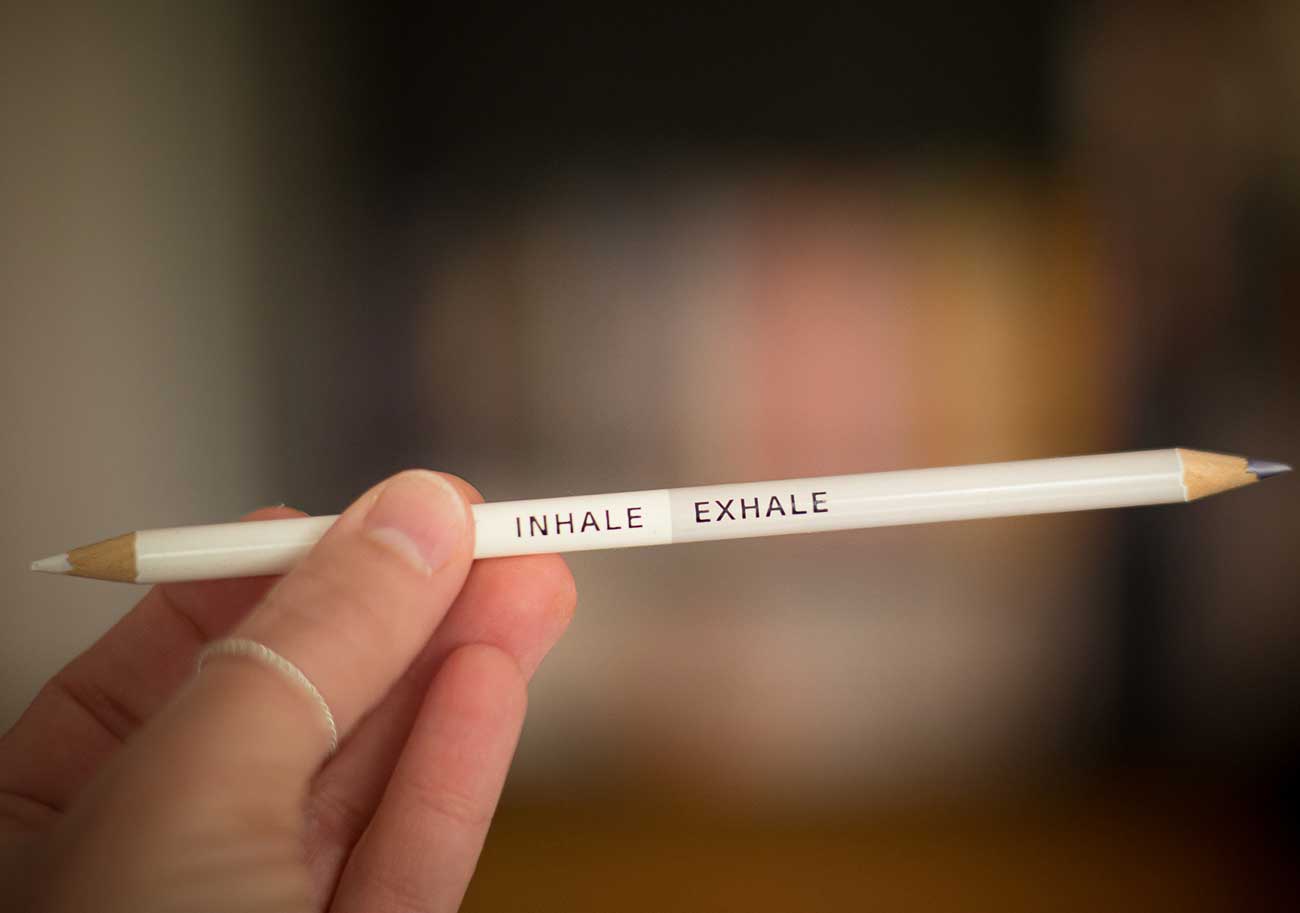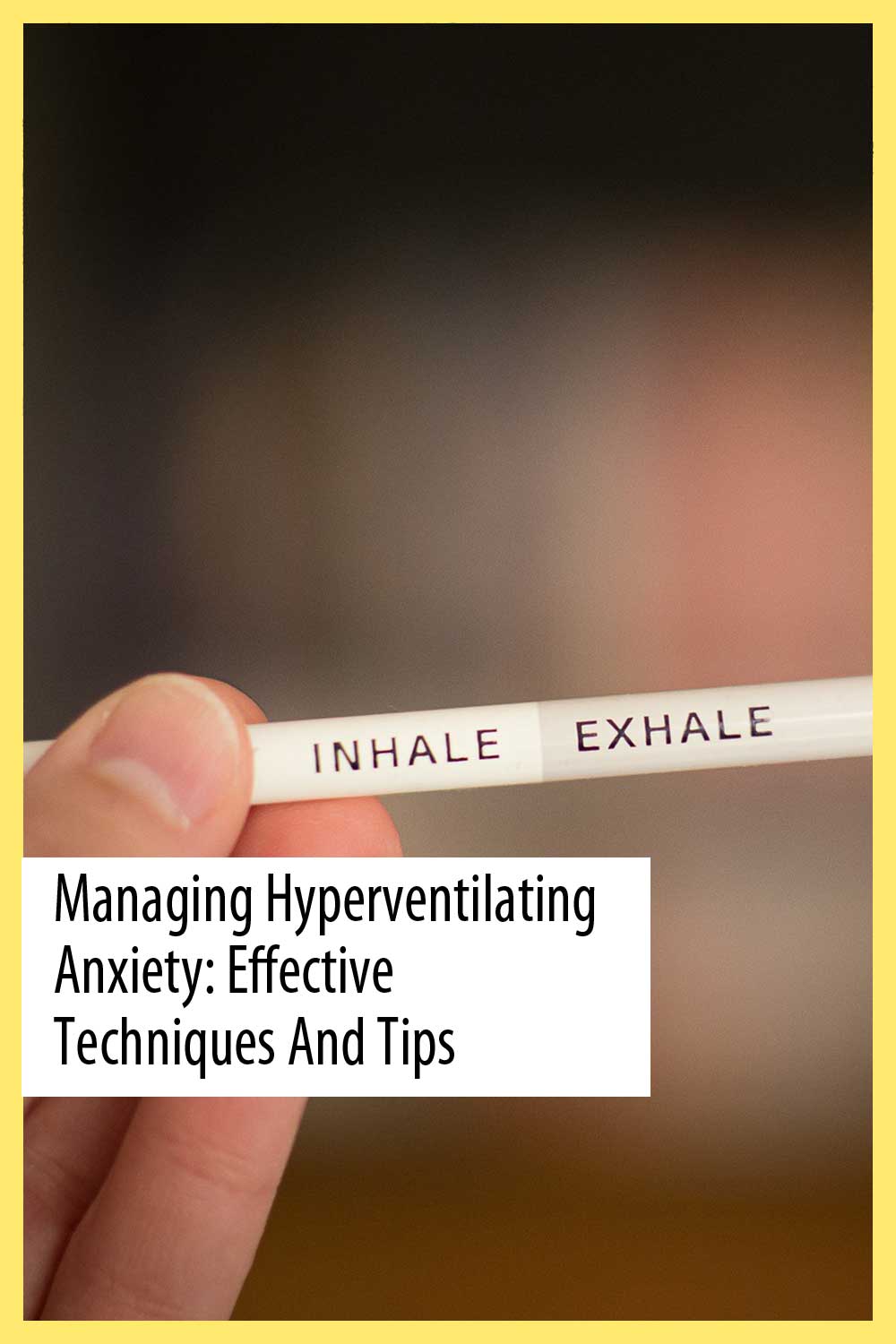
Managing Hyperventilating Anxiety: Effective Techniques and Tips
Hyperventilating anxiety can be an overwhelming and distressing experience, causing rapid breathing, dizziness, and a sense of losing control. Understanding the underlying causes and learning effective techniques to manage this condition is crucial for individuals seeking relief and improved well-being. In this article, we will delve into the causes, symptoms, and provide valuable tips on how to manage hyperventilating anxiety for a more balanced and tranquil life.
What is Hyperventilating Anxiety?
Hyperventilating anxiety, also known as hyperventilation syndrome, is a physiological response to stress or panic that results in over-breathing, leading to a disturbance in the body’s carbon dioxide and oxygen balance. This disruption can cause various physical and emotional symptoms, exacerbating the anxiety and creating a vicious cycle.
Causes of Hyperventilating Anxiety
Hyperventilation can be triggered by numerous factors, including:
Stress and Anxiety: Overwhelming stress and anxiety can cause shallow, rapid breathing, which may lead to hyperventilation.
Panic Attacks: During panic attacks, the body’s natural fight-or-flight response can cause individuals to breathe rapidly, contributing to hyperventilation.
Medical Conditions: Certain medical conditions, such as asthma, respiratory disorders, and heart problems, may increase the likelihood of hyperventilation.
Environmental Factors: High altitudes, extreme temperatures, or poorly ventilated areas can also trigger hyperventilation.
Recognizing the Symptoms
Identifying the symptoms of hyperventilating anxiety is essential for early intervention. Common signs include:
Shortness of Breath: Feeling like you can’t catch your breath or are not getting enough air.
Dizziness or Lightheadedness: Feeling faint or dizzy due to changes in oxygen levels.
Tingling Sensations: Numbness or tingling in the hands, feet, or around the mouth.
Chest Tightness: A sensation of pressure or tightness in the chest.
Rapid Heartbeat: Palpitations or an accelerated heart rate.
Effective Techniques for Managing Hyperventilating Anxiety
Deep Breathing Exercises: Practice diaphragmatic breathing, inhaling deeply through your nose and exhaling slowly through your mouth. This helps regulate breathing and counteracts hyperventilation.
Mindfulness and Meditation: Incorporate mindfulness techniques and meditation into your daily routine to reduce stress and promote relaxation.
Identify Triggers: Recognize the situations or thoughts that trigger your anxiety and work on coping strategies to manage them effectively.
Grounding Techniques: Engage your senses to stay connected to the present moment during moments of anxiety. Focus on textures, sounds, or objects around you.
Progressive Muscle Relaxation: Tense and release different muscle groups in your body to release physical tension caused by anxiety.
Seek Support: Reach out to friends, family, or a mental health professional for support and guidance in managing anxiety.
Lifestyle Changes: Incorporate regular exercise, a balanced diet, and sufficient sleep into your routine to improve overall well-being.
Managing hyperventilating anxiety is a journey that requires patience and persistence. By understanding the causes and recognizing the symptoms, individuals can implement effective techniques to regain control over their breathing and emotional well-being. Remember, seeking professional help and support from loved ones can significantly aid in coping with hyperventilating anxiety and lead to a more fulfilling and peaceful life. Take the first step towards a healthier, calmer you today.
Medical Advice Disclaimer
DISCLAIMER: THIS WEBSITE DOES NOT PROVIDE MEDICAL ADVICE
I am not a doctor. The information, including but not limited to, text, graphics, images and other material contained on this website are for informational purposes only. No material on this site is intended to be a substitute for professional medical advice, diagnosis or treatment. Always seek the advice of your physician or other qualified health care provider with any questions you may have regarding a medical condition or treatment and before undertaking a new health care regimen, and never disregard professional medical advice or delay in seeking it because of something you have read on this website.



